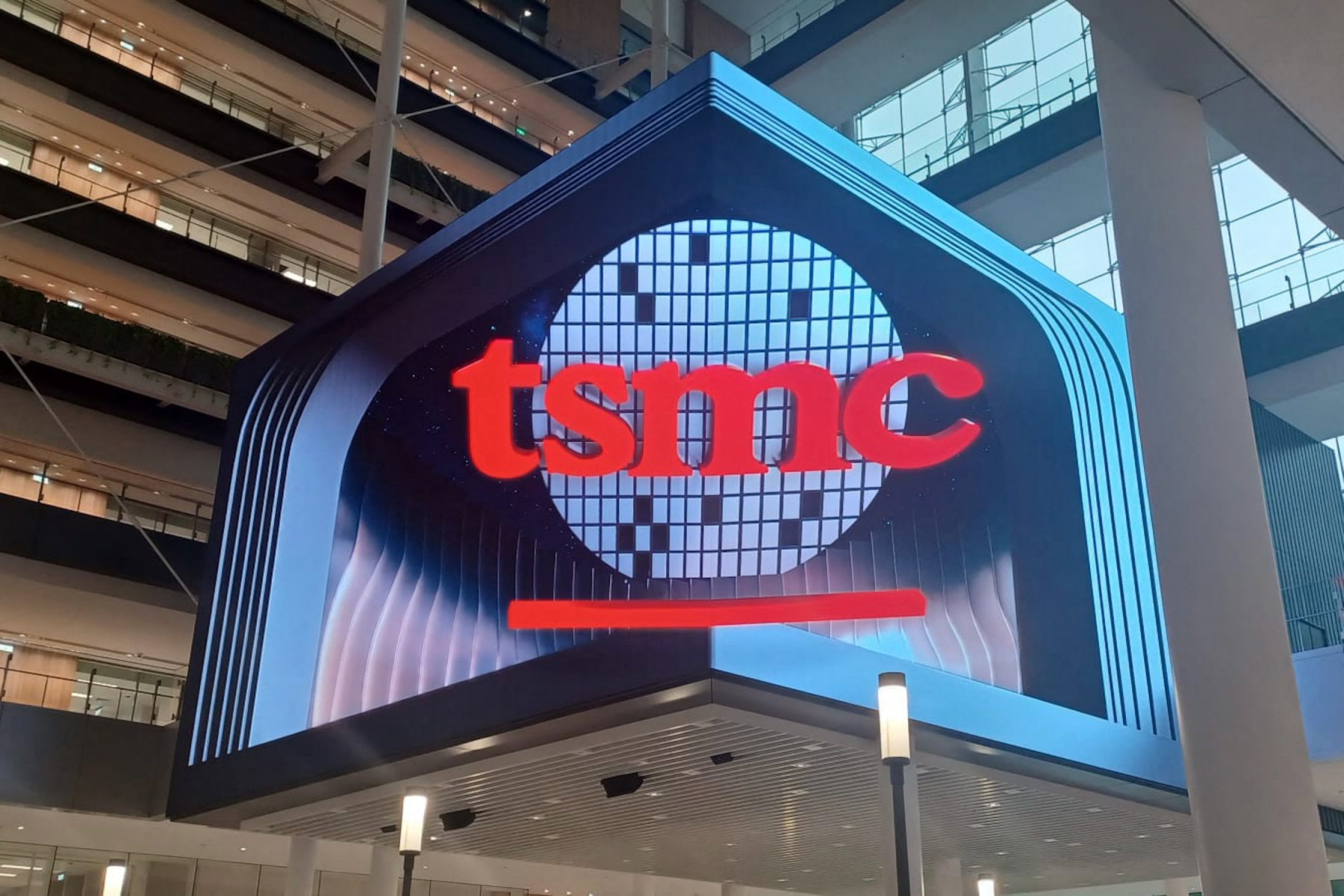Berlin, Germany — Taiwanese semiconductor giant TSMC broke ground Tuesday on its first European factory in the eastern German city of Dresden as the EU looks to shift key supply chains onto the continent.
German Chancellor Olaf Scholz and European Commission President Ursula von der Leyen attended the ceremony to mark the beginning of construction work along with TSMC’s top brass, with von der Leyen hailing it as “an endorsement for Europe as a global innovation powerhouse”.
Semiconductors have become indispensable in an array of industries, from electronics to wind turbines and even missiles.
TSMC is investing some 3.5 billion euros ($3.9 billion) in the Dresden project and will own 70 percent of the capital, with Dutch chipmaker NXP, Germany’s Infineon and Bosch owning 10 percent each.
Taiwan is home to a powerhouse semiconductor industry — largely thanks to TSMC’s dominance.
But the supply chain is highly vulnerable to shocks and what von der Leyen referred to as “growing geopolitical tensions”.
A major concern that has emerged in recent years is over Taiwan’s neighbor, China, which claims the self-ruled island as part of its territory and has ramped up rhetoric about “unification”.
As a result, TSMC has come under pressure to widen its operations by opening factories in other parts of the world.
Meanwhile, western countries have been redoubling efforts to bring semiconductor production closer to home.
Scholz said on Tuesday that “we are dependent on semiconductors for the sustainable technologies of the future” and added that “we must not be dependent on other regions of the world for the supply” of the chips.
The Dresden facility will be specialized in the production of semiconductors for Germany’s flagship automotive industry, currently in the throes of transitioning to electric vehicle production.
Some 10 billion euros has been ploughed into the flagship project in the “Silicon Saxony” region, which has an industrial heritage dating back to the communist era.
The German government is supporting the Dresden plant with five billion dollars of public funds, and received an exemption from EU state aid rules to do so.
The facility is set to provide some 2,000 jobs and start production before the end of 2027.
It will have a monthly production capacity of 40,000 300mm-silicon wafers, one of the most advanced technologies.








